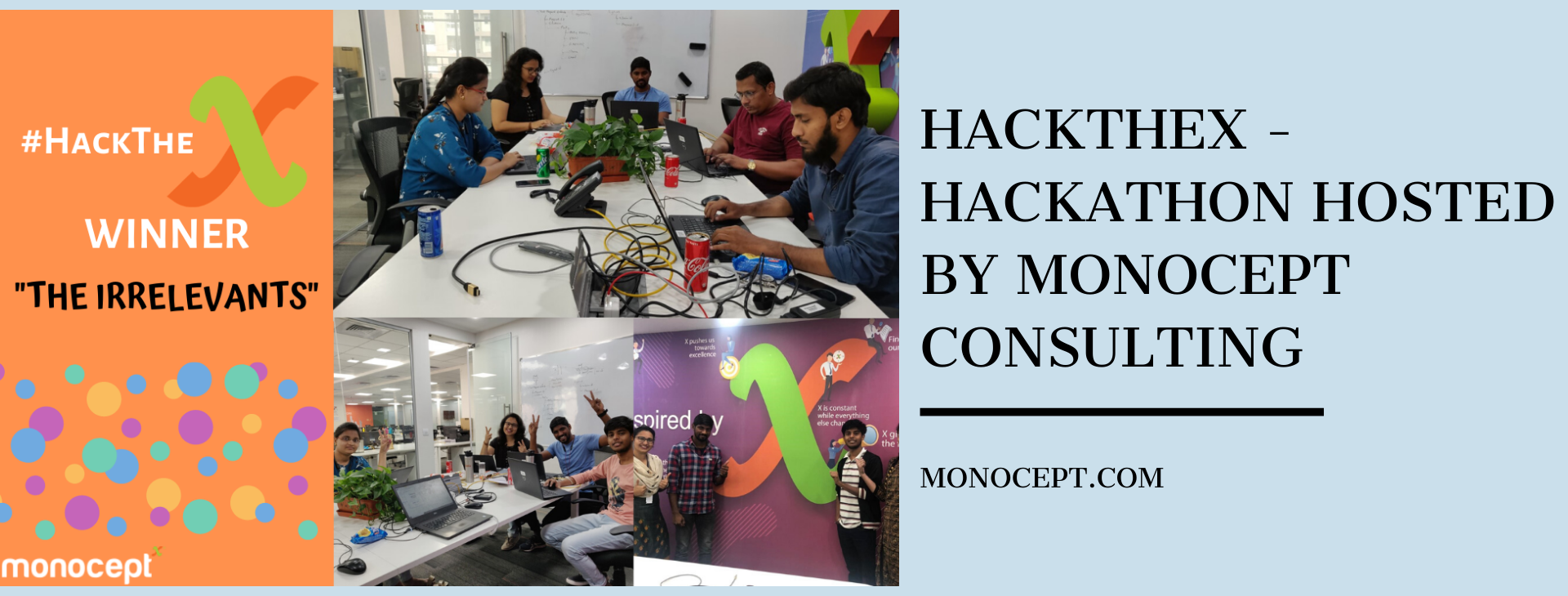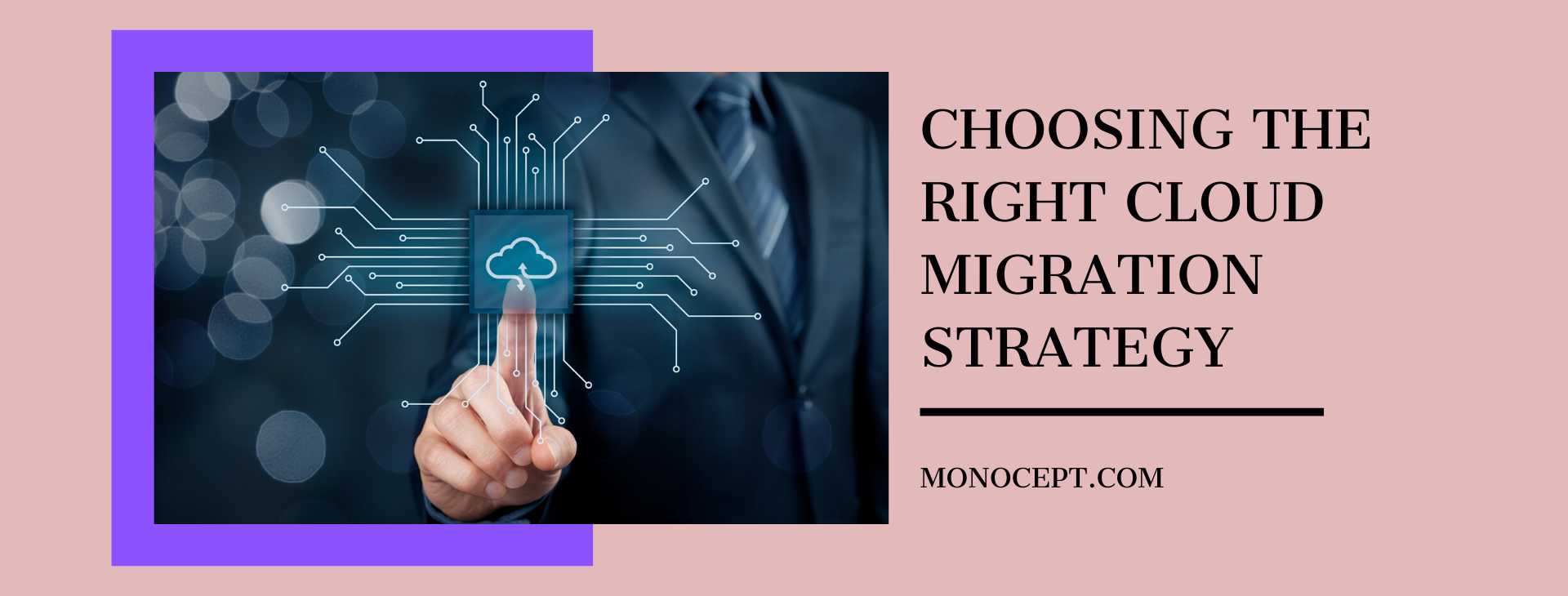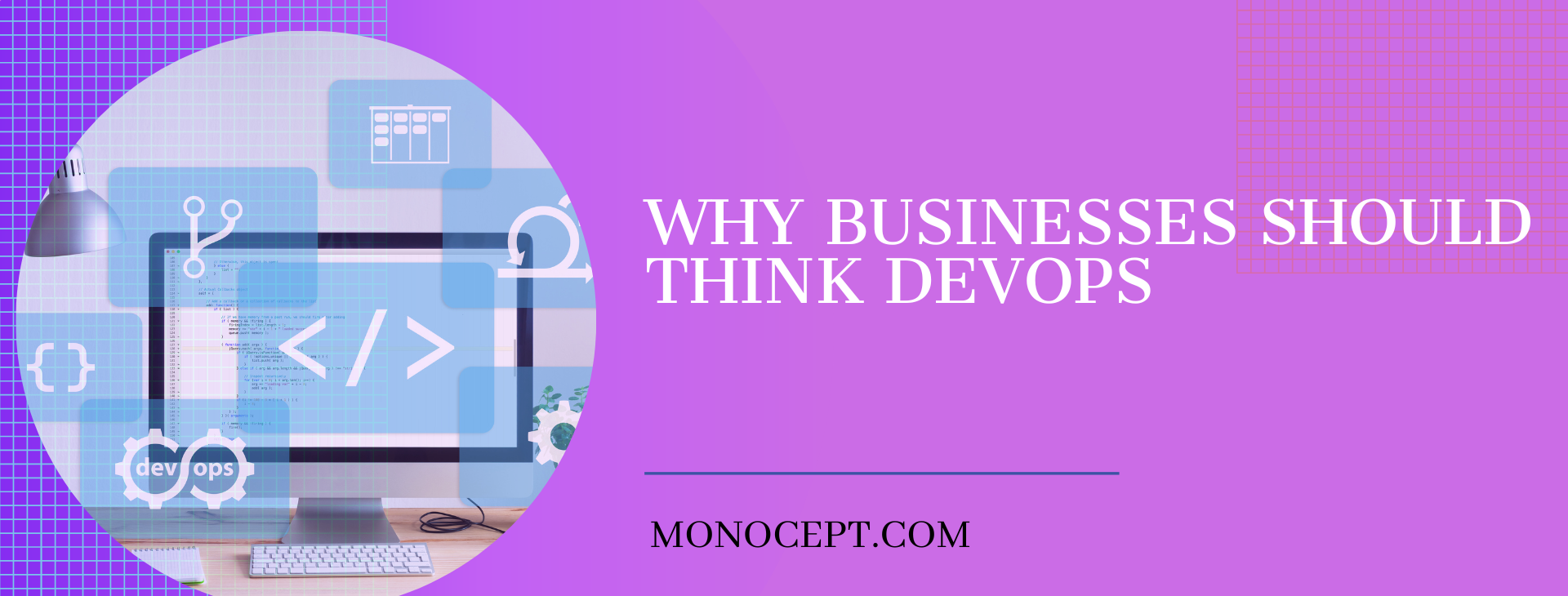Signs You’re Working With The Wrong Cloud Service Provider
Choosing the right cloud partner for your business is a lot like choosing the right life partner — it requires patience, clarity of purpose, and compatibility, with the right amount of differences, so your thoughts and ideas are challenged. In a business environment where the cloud is inevitable, picking the right cloud partner is critical for success. In this blog, we discuss what you should be looking out for and how to figure out if you’ve picked the wrong partner.
An incompatible cloud type
The most basic indicator of your enterprise’s right cloud service partner is whether it is compatible with your own and your customers’ business objectives and needs. Often, organizations, in their haste to sign up with a cloud partner that offers the best deal in terms of cost and performance, skip the vital step of analyzing whether they need a public, private, or hybrid cloud. This decision is going to be informed by the sensitivity of your data and what you’re going to be doing on the cloud. Public clouds might help lower costs further, but if your business deals with large volumes of customers’ private data or you’re going to be hosting mission-critical information on the cloud, it’s worth investing in a private cloud. Use the right cloud for the right purpose to avoid the additional cost of correction if things go awry because you didn’t honor what was specifically stated in the contract, or used the wrong kind of cloud for an objective.
Hidden clauses in the service contract
Be wary of complicated or long-term service agreements that make it very difficult to migrate, or very expensive to end the contract, in case your needs change. Ideally, a right cloud partner should have an independent auditing firm ratifying its processes in the interest of providing optimal service to its customers (you).
Poor responsiveness from the cloud partner
Nothing good can come off a relationship where communication is delayed, and grievances attended to only reluctantly or after multiple reminders. If your early experience with your cloud partner is that they are not reasonably responsive, more likely than not, the situation will probably get worse as you go along. Ideally, part of your due diligence should have made inquiries about the cloud provider’s reputation concerning responsiveness. If you find yourself saddled with a partner who procrastinates, it might be worth considering the option of cutting your losses early, instead of waiting until it gets even more complicated.
Lax security measures to protect your data
If you’re dealing with sensitive data, your cloud partner must be taking every precaution necessary to keep it secure while ensuring no laws are broken in the process. If your data is your wealth, you should be opting for a partner that offers customized and sophisticated data security plans. Despite claiming to do so, if you find that your cloud partner has a blasé attitude towards data breaches and privacy, re-evaluate your relationship with them. Independent checks at regular intervals will help you gauge whether your partner is upholding their end of the bargain.
Rigid way of operating
Some businesses need cloud partners that are flexible and willing to adjust to their fluctuating and changing needs. If you’re one of them, but your partner allows the use of only one hypervisor, makes migration a painful task, or has very little room for customization, it is wrong for you.
Your cloud partner hasn’t planned and accounted for the future.
When it comes to the IT industry, change is the only constant. To be able to serve you for a long time, your cloud partner needs to have a stable future strategy that reflects your own growth vision.
One size fits all approach to picking a cloud vendor.
As a business, when you grow, you might consider the idea of moving more services to the cloud. Do not fall in the trap of returning to the same vendor for everything. Your business might be best served by adopting a multiple-vendor strategy, picking the best vendor for a particular kind of task. The best players in any field are those who pick one thing and do it better than their competition, instead of forcing a diversified offering of many things they are not the leading experts in, down their customers’ throat. Be careful of such vendors while contemplating expansion.
Why is Monocept the right cloud partner for you?
Monocept can help you quickly build, deploy, and manage applications through its global network of managed cloud centers. Monocept can help an organization increase its business agility and efficiency while reducing costs through its cloud solutions.
Monocept can recommend the best tools for your migration strategy through which your workloads and applications can be moved to the cloud. Monocept can also recommend the best possible strategy to modernize on Azure cloud through analysis of critical factors.
The cloud has changed the way we think about technology, and it’s time to rethink your approach to enterprise software. Monocept offers a revolutionary new platform that enables you to build software applications faster than ever before, without compromising on security or control.

















































































